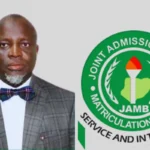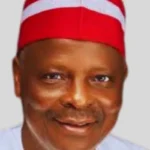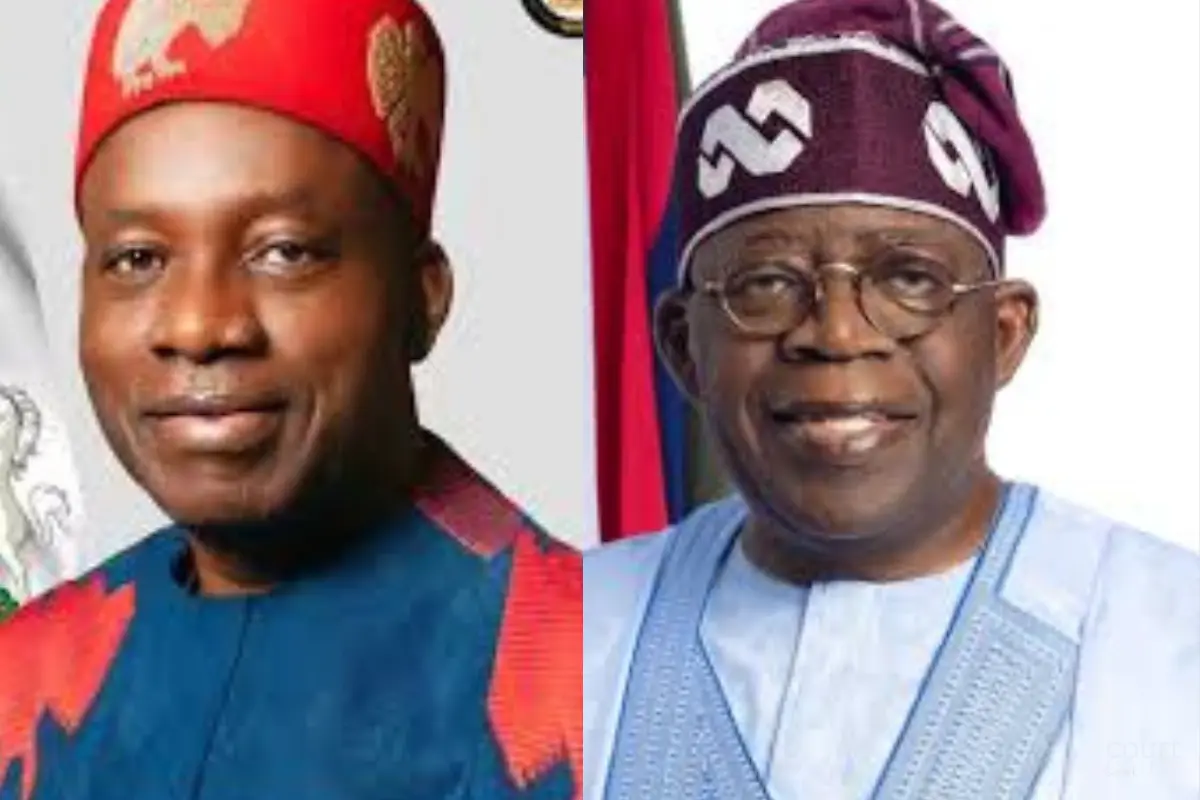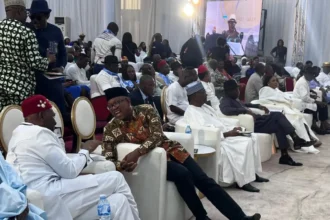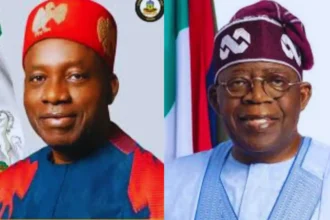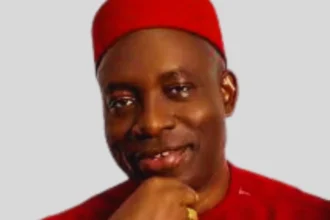Nigeria’s political landscape has long been marred by the use of material incentives to sway public sentiment, with food, especially rice, being a dominant factor. From election periods to disaster relief and even birthdays, rice distribution has become a recurring theme in the country’s political playbook.
Rice as a Political Currency.
In Nigeria, where economic hardship has left many struggling to afford basic necessities, politicians have leveraged food distribution as a means of gaining favor with the masses. The sight of trucks carrying 10kg bags of rice bearing the images of political leaders has become all too common, especially during election seasons.
During electoral campaigns, it is not unusual for candidates to distribute rice and other foodstuffs to communities in exchange for votes. Many citizens, caught between economic survival and political conscience, accept these handouts, often feeling they have little choice. This practice undermines democratic processes and fosters a culture of short-term gains rather than sustainable governance.
Beyond Elections: Rice in Crisis and Celebrations.
The use of rice as a political tool extends beyond elections. During natural disasters or crises—many of which could have been prevented through proper governance—politicians often resort to food distribution instead of addressing the root causes. Flood victims, displaced persons, and communities facing hardship are frequently given bags of rice as a form of relief, sometimes overshadowing the need for long-term solutions such as infrastructure development and disaster preparedness.
Even birthdays of prominent politicians have become an occasion for rice distribution. Recently, in celebration of President Bola Ahmed Tinubu’s 73rd birthday, reports emerged of trucks carrying 10kg bags of rice with his image being prepared for distribution. While some view this as an act of generosity, others argue it is a strategic move to maintain political goodwill among the electorate.
The Bigger Picture: Addressing the Root Causes.
The distribution of rice, while addressing immediate hunger, does little to solve the deeper economic issues that keep millions of Nigerians in poverty. Instead of periodic food giveaways, citizens demand policies that create jobs, improve education, and provide long-term food security.
Civil society organizations and activists have long criticized these acts as temporary measures designed to divert attention from systemic failures. Calls for electoral reform, better governance, and increased political accountability continue to grow louder as Nigerians recognize the need for sustainable development over political patronage.
As Nigeria moves forward, it is imperative that citizens demand more than food handouts from their leaders. The cycle of rice distribution as a means of political engagement must give way to policies that address the root causes of economic hardship. Political leaders should be held accountable not just for the food they distribute but for the governance structures they build.
With growing awareness and advocacy, the hope is that Nigerians will prioritize long-term development over short-term incentives, ensuring that future elections and governance are driven by performance and accountability rather than bags of rice.







